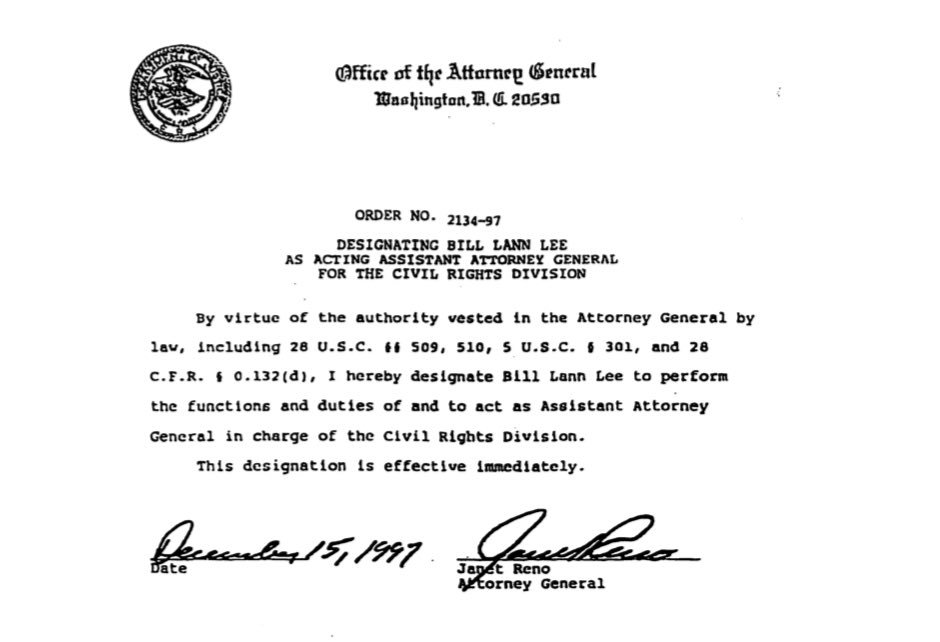Here’s an explainer.
Maryland initiated a legal challenge when it asked a court to find that Whitaker’s appointment is illegal.
The doc is here:
marylandattorneygeneral.gov/News%20Documen…
A few legal scholars, including @jedshug & @tribelaw, filed an Amicus Brief supporting Maryland’s arguments: drive.google.com/file/d/0B6Hcbe…
law.cornell.edu/wex/amicus_cur…
Facts: The day after the midterm election, Trump "caused" Jeff Sessions to submit an undated letter resigning as US Attorney General.
A few problems.
The Appointments Clause of the Constitution requires that “officers of the United States” be appointed by the president with advice and consent of the Senate:
law.cornell.edu/constitution/a…
So the question is whether the US AG is an inferior or principal officer.
law.cornell.edu/constitution/a…
SCOTUS precedent says that the way to determine inferior v. principal officers is whether the officer “exercises significant authority”. . .
An Acting AG obviously exercises significant authority and there's no superior officer other than POTUS.
Moreover, the Acting AG has the same authority as the AG, and the AG is a principal officer.
law.cornell.edu/uscode/text/28…
This makes sense anyway because the Deputy AG has already been confirmed by the senate.
They also point out that confirmation by the Senate isn’t just “etiquette or protocol.”
It’s a structural safeguard of the Constitution.
drive.google.com/file/d/0B6Hcbe…
The DOJ—arguing that Whitaker's appointment is legal—claims that the Federal Vacancies Reform Act (FVRA) is controlling.
gsa.gov/governmentwide…
The problem is that the FVRA applies only when there's no “statutory provision expressly designating" an officer or employee to perform the duties.
Fifteen states filed a separate amicus brief, taking Maryland’s side in the dispute.
The scholars, in their brief, explain why it's so "troubling" that . . .
Whitaker's appointment was illegal — and Trump must be stopped from finding ways to sidestep constitutional requirements.














